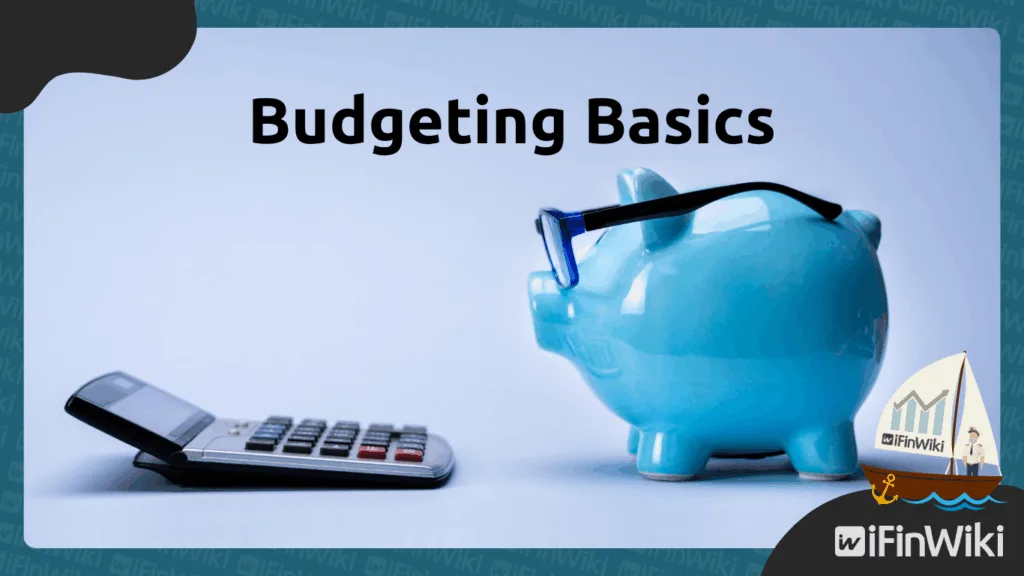Picture yourself as the captain of your own ship, ready to sail toward your financial goals. The ocean is vast, and without a clear plan, it’s easy to drift aimlessly or be caught off guard by unexpected waves.
That’s where budgeting comes in — it’s your navigational chart, compass, and steering wheel all in one. It’s not about restriction; it’s about putting you in charge of your journey, helping you decide where to go and how to get there with confidence.
Take Stock: Know Your Starting Point
Every captain checks their bearings before setting sail. For you, this means getting a clear picture of your monthly income — the money that actually arrives in your bank after tax and National Insurance.
Next, list your essential expenses. This includes rent or mortgage, council tax, utilities, broadband, and transport costs — the parts of your outgoings that keep your ship afloat. The rest of your spending — groceries, entertainment, subscriptions — are important too, but knowing what you must cover is the foundation.
To keep track, you might use a simple spreadsheet or a UK-friendly app like Revolut, Monzo, or Snoop, which connect to your accounts and help you see where your money is going. These tools give you the clarity every captain needs before setting their course.
Plot Your Route: Creating a Simple Spending Plan
Once you’ve charted your position, it’s time to decide your destination. A handy rule to guide you is the 50/30/20 split:
- 50% for essentials
- 30% for lifestyle choices
- 20% for savings or debt repayment
This isn’t a strict law of the sea but a flexible guideline to help you allocate your money intentionally. Maybe your rent takes more than 50%, so you adjust other categories. What matters is that you choose where your money goes, rather than wonder where it went.
Steer Regularly: Review and Adjust Weekly
Even the best captains know to keep an eye on the horizon and adjust their sails. Your budget isn’t a set-it-and-forget-it plan — it needs regular checking.
Spend a few minutes each week reviewing your spending. Did you overspend on takeaways? Did you save more on travel? Apps like Monzo and Revolut send spending notifications and help you spot where your budget might need tweaking. This ongoing course correction keeps you on track and helps avoid nasty surprises.
Prepare for Storms: Build Your Emergency Fund
No captain trusts the sea to stay calm forever. Unexpected repairs or emergencies can hit at any time, and having a financial lifeboat is crucial.
An emergency fund of £500 to £1,000 is a strong start, with a longer-term goal of three to six months’ essential expenses saved. Keep this fund in a high-interest easy-access savings account or a Cash ISA so it’s both safe and ready to deploy if needed.
Set Your Destination: Define Clear Financial Goals
A journey without a destination is just drifting. Think about what you want to achieve — paying off debt, saving for a holiday, or putting down a house deposit.
Break your goals into manageable chunks. Instead of staring at a big number, think small: perhaps saving £40 a week or clearing £200 a month of debt. Set up automated transfers into dedicated accounts or savings pots, so your money moves towards your goals without you having to remember every time.
Don’t Forget the Fun: Budget for Enjoyment
Budgeting is about balance. Even the most disciplined captain allows time for a little leisure — it keeps morale high and helps you stick to the plan.
Plan for guilt-free spending on meals out, streaming, or hobbies. To make your money stretch further, consider cashback apps like TopCashback or Airtime Rewards, and keep an eye on deal sites like MoneySavingExpert — it’s like finding treasure on your voyage.
Captain’s Checklist
✅ Calculate your monthly take-home pay and list your essential expenses
✅ Track your spending with a budgeting app or tool suited to the UK
✅ Use the 50/30/20 rule as a flexible guide to allocate money
✅ Review and adjust your budget regularly to stay on course
✅ Start building an emergency fund (£500–£1,000 to begin) in an easy-access account
✅ Define clear financial goals, break them down, and automate savings
✅ Include fun spending to keep your budget sustainable
Final Thoughts: Take the Helm with Confidence
Budgeting puts you firmly in the captain’s seat of your financial ship. It’s less about tight restrictions and more about choosing your direction, spotting hazards early, and steering toward what matters most to you.
So, take a deep breath, trust your map, and sail forward knowing you’re in charge.
P.S. Explore our Tools section: your one-stop spot for practical tools, new offers, and ways to make your money go even further.
Note: All investments carry some degree of risk, so it’s important to understand how your money could be affected. Not all risks are equal—the potential for gains or losses can vary significantly from one investment to another. This article is for general information only and does not constitute financial advice. Always consider your personal circumstances before making any investment decisions.

